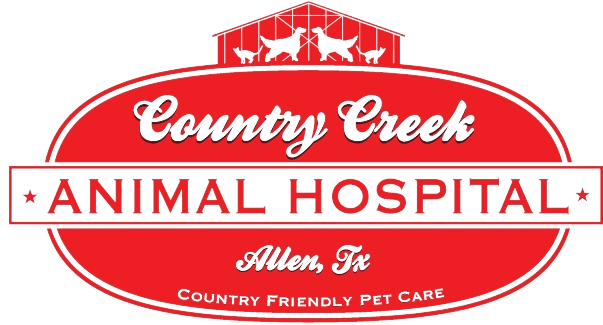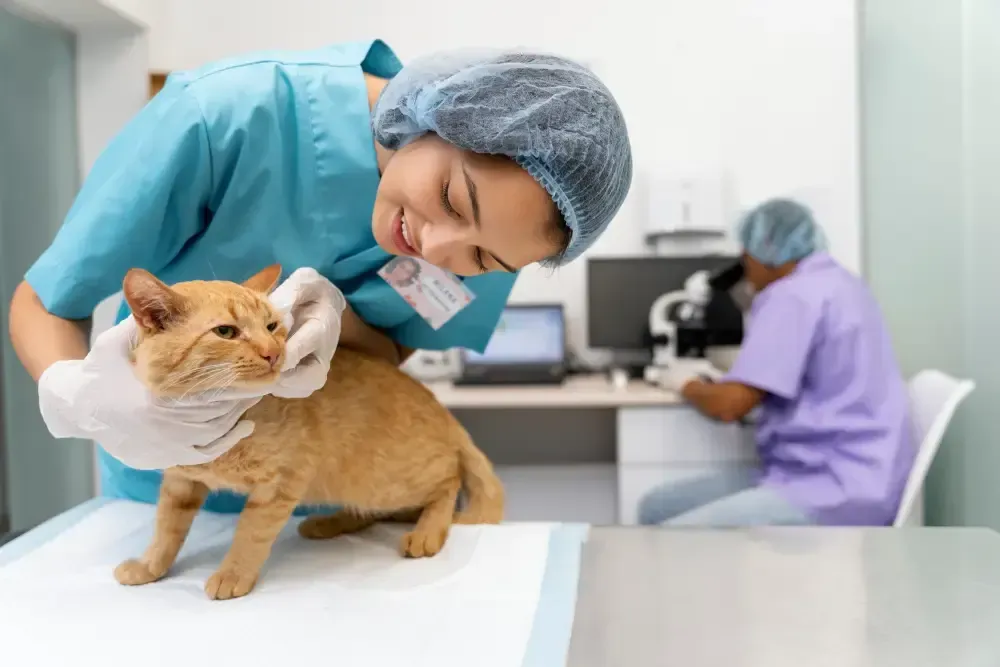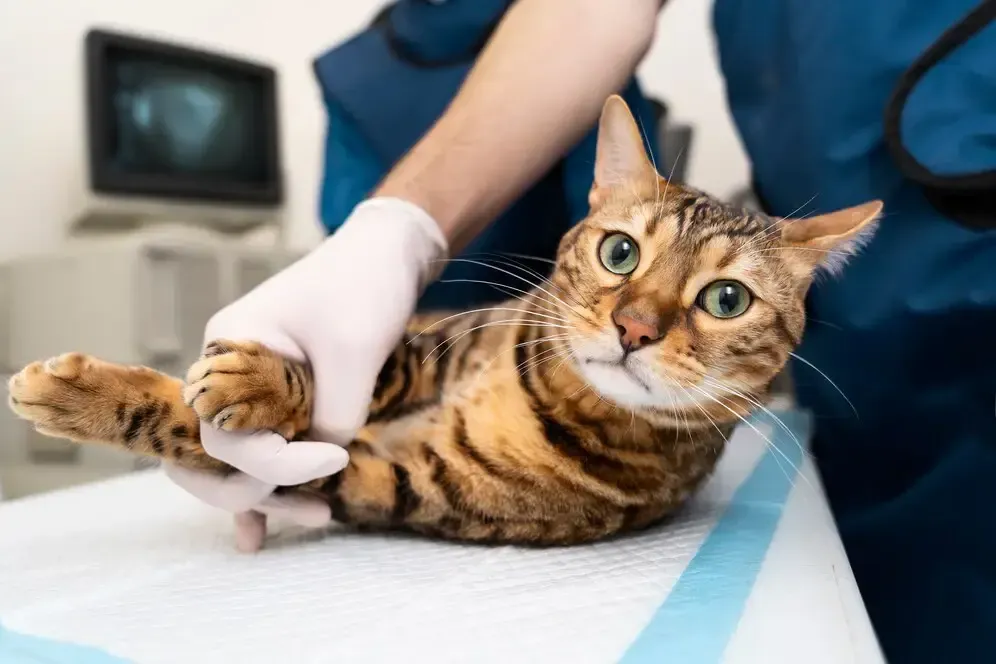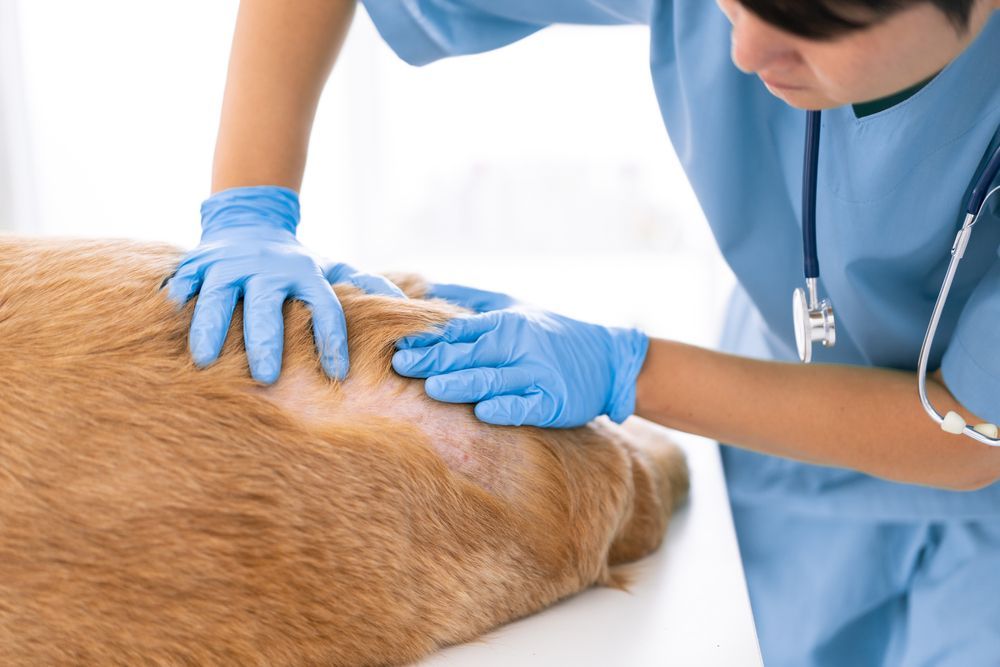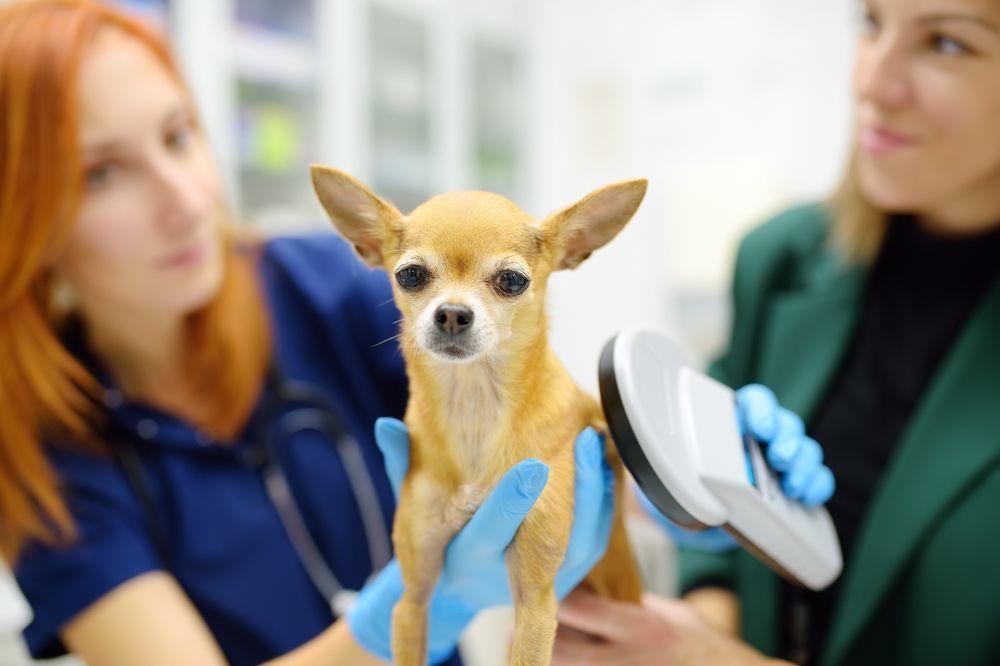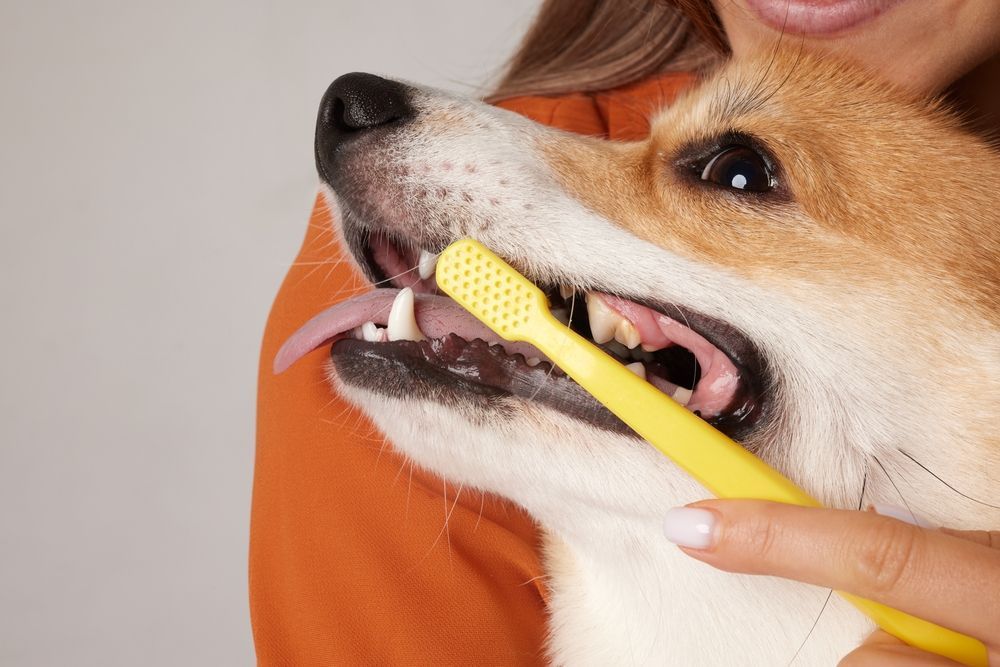Benefits of Pet Diagnostic Imaging in Allen, TX
As pet owners, the health and safety of our animals is of utmost importance. One of the most powerful tools at our disposal is diagnostic imaging, which allows veterinarians to get a detailed view of our pets' internal health without invasive procedures. Our team at Country Creek Animal Hospital is here to explain common uses for pet diagnostic imaging in Allen, TX, exploring its various methods, benefits, and the process involved.
Understanding Pet Diagnostic Imaging in Allen, TX
Diagnostic imaging for pets includes several advanced techniques that provide invaluable insights into their health. These methods allow veterinarians to look inside your pet's body with great precision, helping in the accurate diagnosis and treatment of various conditions. Let's take a closer look at the most common methods:
X-rays (Radiographs)
- How It Works: X-rays use electromagnetic waves to create images of your pet's bones and internal organs. The radiation traverses the body, being absorbed at varying rates by different tissues, creating a clear image.
- Applications: Useful for identifying fractures, arthritis, and foreign objects within the body. They can also help in spotting dental issues, tumors, and the health of the lungs and heart.
Ultrasound
- How It Works: This method uses high-frequency sound waves to produce images of soft tissues, organs, and blood flow. Sound waves reflect off internal structures, generating echoes that are subsequently transformed into visual images.
- Applications: Ideal for examining the heart, liver, kidneys, and abdomen, as well as for pregnancy diagnostics. Ultrasound can also monitor heart conditions and identify abnormalities in the gastrointestinal tract.
MRI (Magnetic Resonance Imaging)
- How It Works: MRIs use a combination of magnetic fields and radio waves to craft detailed images of soft tissues by exploiting the magnetic properties of hydrogen atoms in the body. This technique results in highly detailed visuals.
- Applications: Highly effective in diagnosing brain and spinal cord conditions. It is also useful for assessing joint health and identifying ligament injuries, tumors, and inflammation.
CT Scan (Computed Tomography)
- How It Works: CT scans use X-ray images captured from various angles to produce detailed cross-sectional views. These detailed images allow for a more comprehensive look at internal structures.
- Applications: Used for diagnosing complex bone fractures, cancers, and lung diseases. CT scans are also helpful in evaluating nasal diseases, ear conditions, and intricate anatomical structures like the skull and spine.
Incorporating these diagnostic imaging techniques into veterinary care has revolutionized the ability to diagnose and treat illnesses in pets, ensuring they receive the best possible care.
Benefits of Pet Diagnostic Imaging
Diagnostic imaging offers numerous advantages that contribute to better health outcomes for our pets:
Early Detection of Health Issues
One of the most significant benefits of pet diagnostic imaging in Allen, TX, is the ability to detect health problems early. Conditions like tumors, organ malfunctions, and internal injuries can be identified before they become severe, allowing for timely intervention.
Reducing the Need for Invasive Procedures
Many diagnostic imaging methods are noninvasive, meaning they don't require surgery or other intrusive procedures. This reduces your pet's risk and often results in quicker recovery times.
Improving Treatment Outcomes
With precise imaging, veterinarians can make accurate diagnoses and develop targeted treatment plans. This specificity enhances the effectiveness of treatments, ensuring your pet receives the best possible care.
Diagnostic imaging is also essential for tracking the progress of ongoing treatments. For example, regular X-rays or ultrasounds can reveal changes in an animal's condition, allowing for timely interventions.
Contact Our Team Today
If you're a pet owner seeking to ensure your furry friend's well-being, consider the benefits of diagnostic imaging.
Contact our team at Country Creek Animal Hospital by calling (972) 649-6777 to
schedule an appointment today. Your pet's health is our top priority, and we’re here to provide the best care possible.


